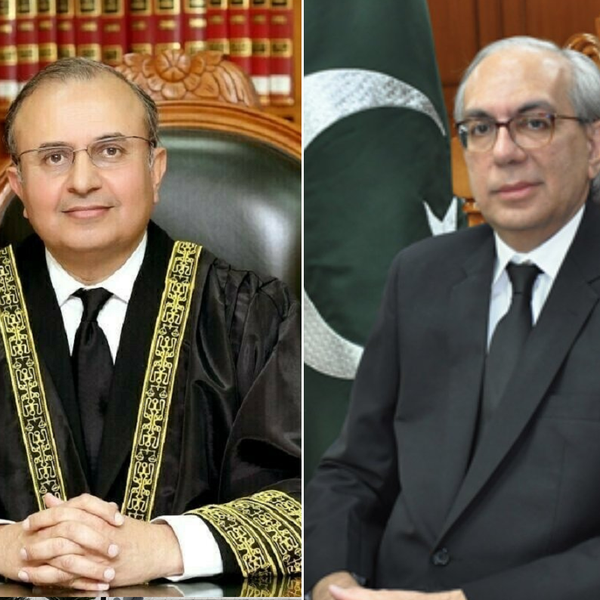Pakistan’s budget offers modest relief but misses key reforms: PBC
Exporters face new burdens as real estate gains tax breaks in fiscal plan
Business Desk
The Business Desk tracks economic trends, market movements, and business developments, offering analysis of both local and global financial news.

Given Pakistan’s fragile economy and the need to adhere to International Monetary Fund (IMF) requirements, Pakistan Business Council (PBC) say major tax relief in the new budget was unrealistic.
However, some modest measures may benefit lower-income salaried workers, even as top earners see only a marginal 0.35% reduction in their highest tax rate.
A key reform in the budget targets non-filers, restricting them from high-value transactions, operating regular bank accounts or traveling abroad. The measure, previously recommended as part of Federal Board of Revenue (FBR) reforms, aims to broaden the tax base if properly enforced, PBC observed.
Another positive step is the phased introduction of a general sales tax in the Federally Administered Tribal Areas (FATA) and Provincially Administered Tribal Areas (PATA), helping level the playing field for businesses elsewhere in Pakistan.
Exporters Face Cash Flow Challenges
Despite the critical need to boost exports—especially after the U.S. imposed higher tariffs—the budget offers no immediate relief for exporters.
Instead, they will face additional cash flow pressures. Exporters must either pay standard income tax or a minimum tax on turnover, whichever is higher. A study of 34 major textile firms found that 24 would pay more under the minimum tax.
Refund delays compound the problem, with 28 of the 34 companies facing waits of up to 18 months for advance tax refunds. A new budget proposal imposing reclaimable GST on imports under the Export Facilitation Scheme will further strain exporters’ liquidity, PBC noted.
A minor cut in super tax provides little relief, while the corporate tax rate remains at 29%—the highest in the region. Business leaders had sought a five-year roadmap to reduce it to 25%.
Real Estate Benefits, Other Sectors Left Behind
The real estate sector emerged as a clear winner, with tax cuts aimed at boosting transactions. According to PBC, other industries, such as large-scale manufacturing, continue to bear a disproportionate tax burden.
Concerns Over Savings and Tax Policy
PBC says removing the PKR 5 million final tax bracket and raising withholding tax on bank profit distributions from 15% to 20% will hurt savings in a country already struggling with low savings rates.
Long-Term Fiscal Challenges Remain
The formal sector will keep shouldering most of the tax burden while reforms to expand the tax base take time. The budget missed an opportunity to align fiscal policy with industrial and export growth strategies, they argue.
Still, PBC acknowledged the finance minister’s efforts in stabilizing an economy once on the brink of default.
In a positive step, the government has accepted a proposal to separate tax policy from revenue collection, forming a Tax Policy Unit advised by an independent council, including private sector representation.
Despite some progress, PBC urge longer-term planning to boost investment, spur business growth and balance external accounts. For now, they say, the budget remains an exercise in arithmetic balancing rather than strategic reform.










Comments
See what people are discussing